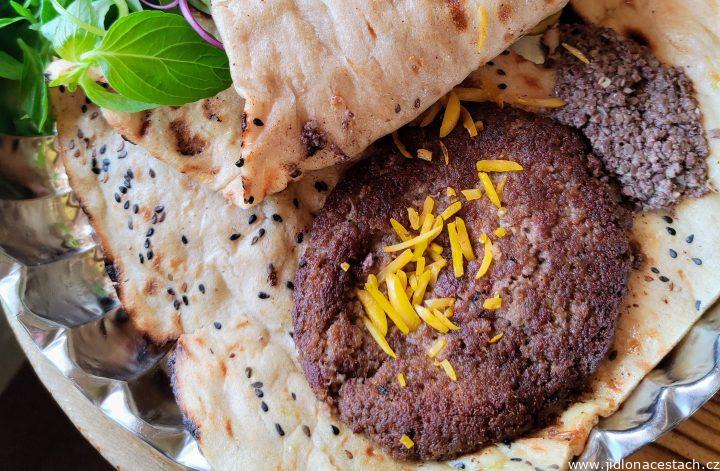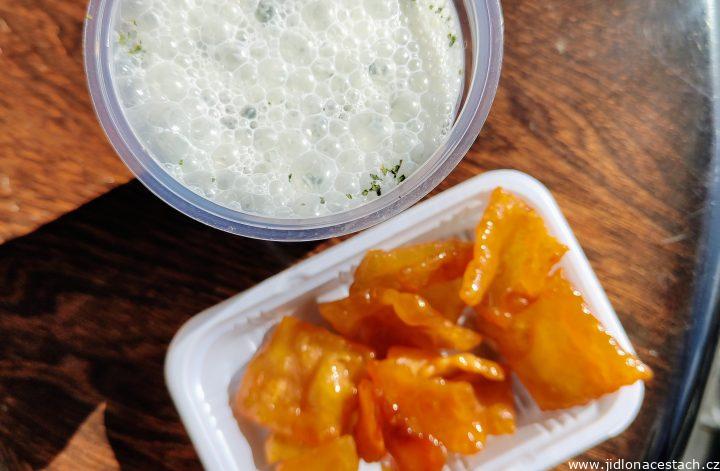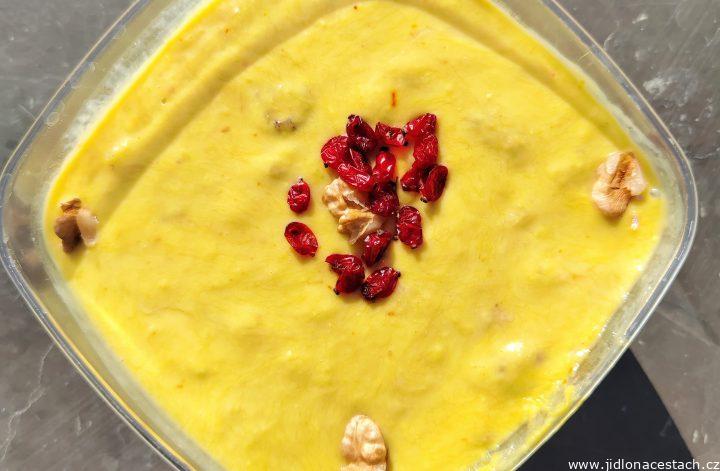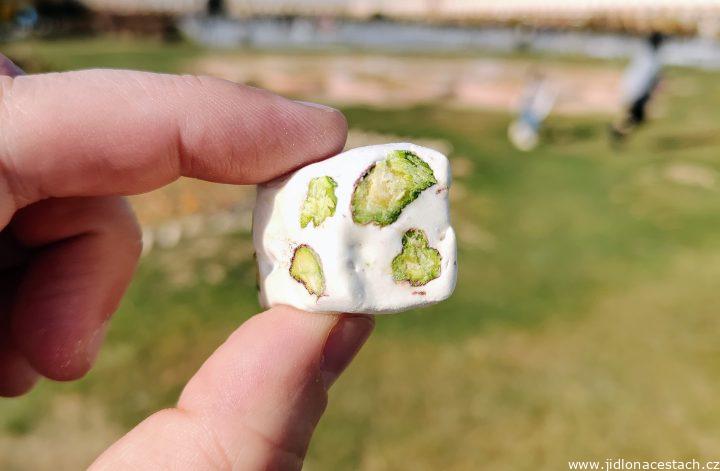What to Eat in Esfahan
Esfahan (اصفهان) is the third-largest city in Iran. Thanks to its rich history, geographical location, and cultural traditions, Esfahan’s cuisine differs from other regions of Iran with its unique dishes, desserts, and sweets.
Food in Esfahan
Historical Influences on Esfahan’s Gastronomy
Esfahan has historically been one of the most important cultural and political centers of Persia. It reached its peak during the Safavid dynasty (1501–1736), when it became the capital of the empire. During this period, local culinary traditions flourished significantly. The wealth of the Safavid court, contacts with neighboring regions, and trade routes enabled the introduction of various ingredients and spices, enriching the local cuisine.
The influence of travelers, merchants, and the diversity of ethnic groups living in Esfahan contributed to the creation of a unique cuisine. Esfahan’s gastronomy was particularly influenced by regions neighboring the city, such as the provinces of Yazd, Fars, or Kashan.

Characteristic Ingredients of Esfahan’s Gastronomy
Some ingredients are particularly characteristic of Esfahan’s cuisine:
- Saffron: Saffron is a key ingredient in the local cuisine, used as a seasoning and dye in many traditional dishes and sweets.
- Dried fruits and nuts: Almonds, pistachios, and walnuts are especially typical of the Esfahan region. These ingredients are widely used in both dishes and traditional confections.
- Rice: Rice is an integral part of Esfahan’s cuisine, often made with special varieties of Iranian rice.
- Lamb: Lamb is one of the main types of meat used in Esfahan. It is prepared in various ways, especially grilled or slow-cooked.
What to Eat in Esfahan
- Beryani. A traditional Esfahan dish made from finely ground and spiced mutton, fried on a special pan, and served with sangak bread and herbs. This dish is considered Esfahan’s most famous specialty, with a unique recipe and flavor that cannot be found elsewhere in Iran.
- Khoresh-e mast. A sweet-and-savory dessert made from yogurt, saffron, sugar, and mutton. It is an absolutely unique Esfahan specialty not found anywhere else.
- Gaz. A famous traditional sweet from Esfahan resembling nougat, made from egg whites, pistachios or almonds, and rose water. It is renowned throughout Iran, but its origins are deeply tied to Esfahan.
- Gosh-e fil & doogh. A combination of a sour yogurt drink and a sweet pastry, unique to Esfahan.
- Poolaki. Thin, round sweet slices resembling caramel, made from sugar, water, vinegar, and saffron. Poolaki is specific to Esfahan.
- Ash-e somagh. A soup with a tangy flavor made from sumac, meat, herbs, and rice. It is typical of the Esfahan region due to the availability of high-quality sumac in nearby areas.
- Halim bademjan. A creamy mixture of eggplant, meat, garlic, mint, and spices, often garnished with fried onions and nuts. Popular throughout Iran, but the Esfahan preparation has subtle taste nuances unique to the region.
- Kabab Hosseini. A traditional kebab made on skewers with meat, tomatoes, onions, and bell peppers, slowly stewed in an aromatic sauce. It is named after the local preparation style, which has a long tradition in Esfahan. Unlike other Iranian kebabs, this one is not grilled over fire, making it less appealing to some (unfortunately, myself included).
- Kalleh joosh. A traditional simple soup made from kashk, dried mint, and walnuts, served with bread. A popular quick and tasty home-cooked meal in Esfahan.
- Khoresht-e beh. A stew made from quince (beh), meat, saffron, and dried plums, typical of the autumn season. Esfahan is known for its high-quality quinces, making this dish especially popular here.
- … and 44 more Iranian dishes from the list What to Eat in Iran.
Where to Eat in Esfahan
- Azam Beryani. A chain of restaurants specializing in beryani. Highly recommended.
- Shahrzad Restaurant. A more upscale restaurant focused on traditional Iranian dishes. Their menu includes fesenjan, kabab Hosseini, and tahchin. The menu is also available in English.
- Zayandeh Roud Tabakhi. A renowned restaurant specializing in kale pache.
- Shiraz Traditional Ash. A takeaway restaurant specializing in dishes from Shiraz. Excellent flavors and low prices.
- Pol Ice Cream. A historic ice cream shop with excellent bastani sonnati.
- Mahfel Ice Cream. Another renowned historic ice cream shop.
- Qeysarieh Café. A rooftop café directly above the Qeysarie Gate on the main Naqsh-e Jahan Square. Entry fee is 2,500,000 IRR (2.80 EUR), which includes one drink (my tip: mango shake with barberries). For me, this is an absolute must-visit, as the rooftop offers stunning views of the entire square. The entrance is inconspicuous, so ask locals for directions.
- دوغ و گوشفیل عدالت. A bistro specializing in gosh-e fil & doogh.
- Haghighat Nut Store. A renowned shop specializing in nuts and other snacks. Very popular among locals; be prepared for a ticketing system with numbers and communication only in Persian.

Enjoy your food in Esfahan!



